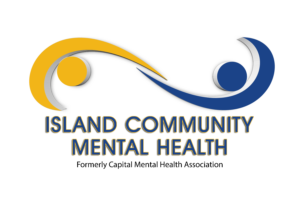Fewer Drop Out of Phone-based Psychotherapy
A new study finds that individuals and therapists using telephone therapy improves access and compliance and has comparable outcomes to office-based care.
The ubiquity of cell phones and smartphones like the iPhone and Droid allows an individual to receive counseling in whatever setting they choose. A new Northwestern Medicine research study discovered patients who had therapy sessions provided over the phone were more likely to complete 18 weeks of treatment than those who had face-to-face sessions.
The study, published in the Journal of the American Medical Association, is the first large trial to compare the benefits of face-to-face and telephone therapy. Previous research has shown the effectiveness of telephone-based therapy.
Phone therapy is a rapidly growing trend among therapists. About 85 percent of psychologists now deliver some of their services over the phone because competing demands, transportation time and other problems make it difficult for many patients to get to their offices.
“Now therapists can make house calls,” said David Mohr, Ph.D., the lead author and a professor of preventive medicine at Northwestern University Feinberg School of Medicine.
Click here to read on.






 Babies born prematurely are at a much greater risk for developing severe mental disorders including
Babies born prematurely are at a much greater risk for developing severe mental disorders including 

